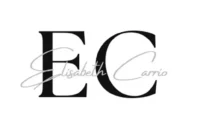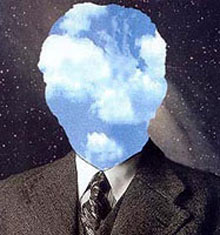We are living in a strange period, in which the best and the worst are emerging in a jumble. The crises we are experiencing—health, economic, political—are causing dismay and suffering, but they also have a salutary function: that of waking us up, of encouraging us to question ourselves, individually and collectively.
However, these upheavals are not occurring in a vacuum: they are taking place in an unprecedented context of global interconnectedness. The internet, social media, and instant access to information have radically transformed our relationship with the world and with knowledge. Information circulates... sometimes too much, sometimes poorly, but it circulates. And this constant flow is making civil society both more aware and more critical.
Authoritarian regimes have long understood: controlling information means controlling minds. But even in Western democracies, the observation is puzzling: a handful of agencies—three or four at most—filter the news reports disseminated worldwide. Information therefore seems locked away... and yet, it always finds a way in, like water seeping through the cracks.
A split in society
New fractures are emerging. Between those who believe the official narratives and those who question them. Between those who avoid any critical stance, out of fear or comfort, and those who are outraged by a progressive restriction of freedoms, often justified in the name of security—an illusory security, because we all know that sooner or later, we will die.
I will not comment here on who is right or wrong. That is not the point. This is a personal path : that of the awakening of consciousness. And in this quest, critical thinking plays a fundamental role.
Exercising critical thinking: a concrete example
Let's take a simple situation: I feel angry after listening to a televised speech by a political leader. I have three options:
I let my anger explode : I insult the screen, then I turn it off (I feed my anger, without transforming it).
I turn off without reacting : I bury the anger, until next time (I choose apathy).
I wonder : why this anger? What is it telling me? (I choose critical thinking).
It is this third path that deserves our attention. What does this individual represent for me? What values do I believe are being violated? How much of my judgment is projection? What does this discomfort reveal about my deepest convictions?
From emotion to conscious action
This clarification exercise allows us to understand that anger is not a problem, but raw energy. If it remains locked away, it consumes from within. But if it is analyzed, understood, channeled, it can become a driving force for action, speech, and transformation.
It's not about finding the correct answer, but an answer just for oneself, based on taking a step back and questioning. This is what exercising your critical mind is all about: choosing your reaction, act consciously, and not by reflex.
In conclusion
Faced with the complexity of the world, critical thinking is no longer a luxury, but a necessity. It allows us to better understand our relationship to information, to emotion, to others — and therefore to ourselves. It constitutes a inner liberation tool, a key to personal sovereignty, and a bridge to self-knowledge.


